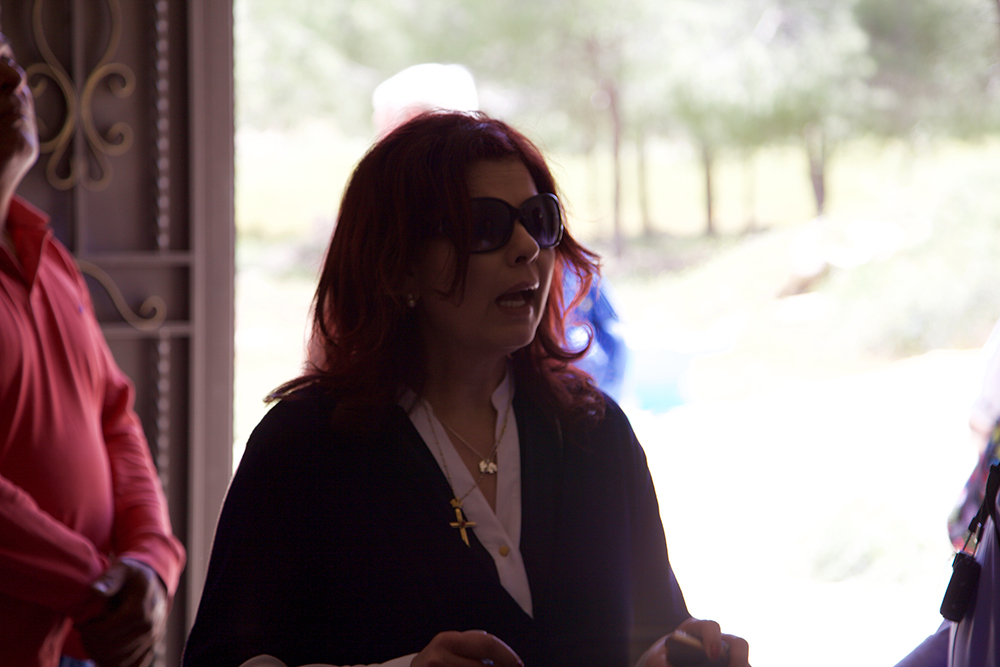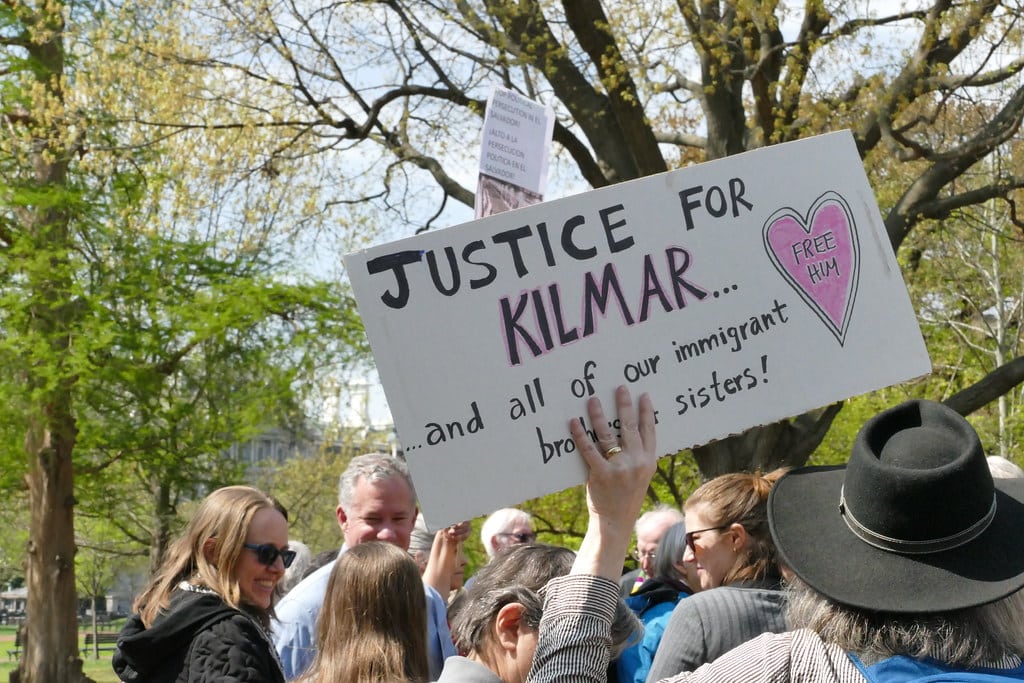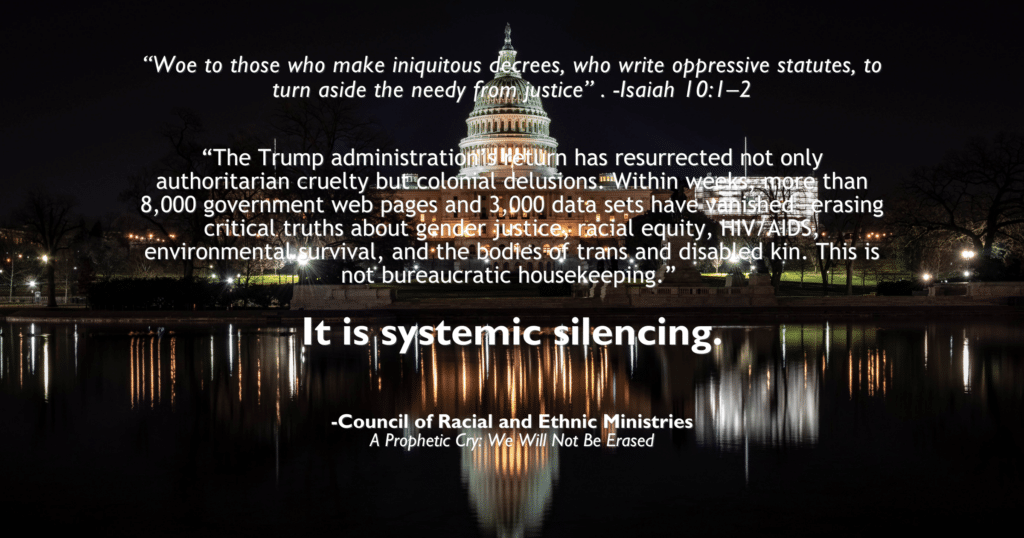Four refugee families living in Jordan share their stories with Mid-East delegation
 They looked down at the floor and wiped their hands across their faces as tears filled their eyes. These somber faces belong to the fathers, mothers and children of four families who fled their Iraqi and Syrian homes for refuge in Jordan. Four Christian families—two from Mosul, one from Baghdad in Iraq, and another from Syria—have been living near an Armenian Catholic church in Amman, Jordan’s capitol city, for almost a year.
They looked down at the floor and wiped their hands across their faces as tears filled their eyes. These somber faces belong to the fathers, mothers and children of four families who fled their Iraqi and Syrian homes for refuge in Jordan. Four Christian families—two from Mosul, one from Baghdad in Iraq, and another from Syria—have been living near an Armenian Catholic church in Amman, Jordan’s capitol city, for almost a year.
The members of these four families shared their harrowing stories with the 13-person delegation of Global Ministries—leaders and program staff from the United Church of Christ and Christian Church (Disciples of Christ)—on Tuesday. A sobering beginning to the first day of a two-week trip of expressing solidarity with ministry partners in the Middle East, which supports families like these to preserve a Christian presence in the region.
These families came to Jordan’s borders seeking refuge from religious persecution, and the country opened its doors to give them security. The church in Jordan gives them a home.
“This group, who witnessed the forced expulsion of their families from their homes, came to us and we took them into the church,” the church’s priest said through an interpreter. The Armenian church is home to about 50 families in all. “Not only is it their home, but the church is the home for everyone who seeks shelter.”
Fighters from the Islamic State (ISIL) have threatened Iraqi and Syrian Christians, forcing them to either convert to their extremist beliefs, pay a tax for protection, or leave the area. In some instances, the third option has been taken off the table and replaced with a more gruesome choice—death by the sword. ISIL has also persecuted and killed Muslims who do not subscribe to their extremist views. In all, as many as 2.5 million people have fled to Jordan.
Wafa Goussous, director of the Orthodox Initiative and a liaison to the Middle East Council of Churches, said that Jordan’s Christian community sought to respond as directly as possible to the growing number of migrants seeking refuge. The Orthodox Initiative, a partner of Global Ministries, advocates for the Christian presence in the Middle East and works daily to strengthen the vulnerable position of Christian men, women and youth.
“We thought to try our best to support these families as best we can,” Goussous said.
Jordan is home to one of the oldest Christian communities in the world, with followers as early as the first century. Today, the country has less than a half-million Christians that make up between 3 to 6 percent of the population of 6.5 million people. Because of the influx of migrants, the population ballooned to nearly 8 million.
The father of the family from Syria, who has three children, says that he is “100 percent dependent on humanitarian aid” because, while the Jordanian government gives them asylum, they are not given work or social service permits because of the burden on the Jordanian infrastructure. That leaves the families without an income, and it keeps the children out of school.
Asked if he foresees a future in Jordan, the Syrian father said, “No. It’s too difficult.”
The father of one of the families from Mosul, a doctor, told the delegation, “It was difficult conditions living in Mosul. We were forced out of our homes, and we fled the town. When you leave, you leave your work behind,” he said, fighting back the same tears his mother, wife and brother wept. “I was a pharmacist working in a hospital.”
Their respective futures are clouded, but each family was clear in knowing they would likely never return to their homeland.
Moved by the experience, the Rev. Jim Moos, co-executive minister of Global Ministries, promised the four families that the delegation would share those stories with the wider church upon returning from the trip. “And we will continue to advocate to the U.S. government to allow more refugees to enter and to make for peace in the region—because sometimes they haven’t had that in their minds,” he added.
 Earlier in the day, Goussous lead the delegation to Karak, a city in the southern part of Jordan with about 25 percent concentration of Christians, to view a youth community center under construction on a piece of land given to the Orthodox Patriarchate.
Earlier in the day, Goussous lead the delegation to Karak, a city in the southern part of Jordan with about 25 percent concentration of Christians, to view a youth community center under construction on a piece of land given to the Orthodox Patriarchate.
The building has a dozen rooms that can house up to eight people, as well as showers, a kitchen and dining room.
It’s a critical project that will serve refugees who have fled to the area, Goussous said. In particular, it will serve Iraqi, Syrian and local youth who cannot attend school. “These youth are a target group of ISIL in the Middle East and the world [to recruit],” she said. “We want to use this center to make the youth aware of the dangers of following extremists.”
“Projects like this are good,” Goussous said. “But what matters more than projects is presence, and we thank you for your presence here.”
Editor’s Note: Because of the sensitivity of the refugee families and the church that hosts them, their names have been withheld.
Related News
UCC churches and faith communities join in protest of political prisoner
Members of Washington, D.C. area United Church of Christ congregations joined with other faith...
Read MoreMy Country ‘Tis of Thee
Lately, there has been much conversation about immigration policies in the United States. The...
Read More‘An exorcism attempt’: COREM statement calls out Trump administration’s harmful policies
The Council for Racial and Ethnic Ministries (COREM) released what they are calling “A...
Read More



